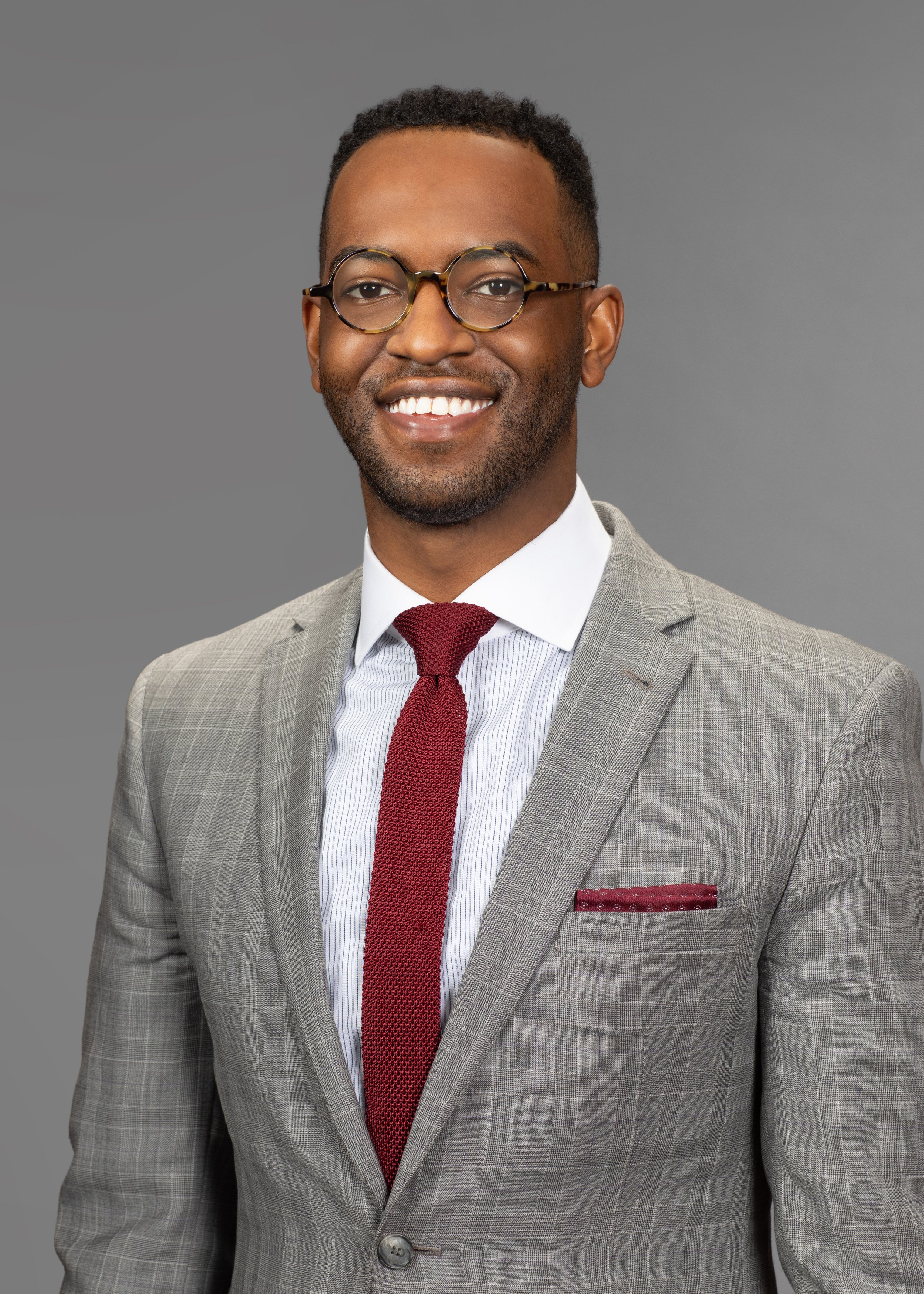The Pieces I Am
Matthew 1:1-11
Our lives are knitted together in a rich, complicated garment of destiny. John Donne was right when he said, “No man is an island entire of itself; each man is a part of the continent, a part of the main.” None of us are conceived ex nihilo, but we all have a legacy and lineage that bequeathed us.
Considering our histories, it’s tempting to present a highlight reel of our lives. Why wouldn’t we? It’s attractive to focus on graduations, promotions, weddings, births, and achievements. Especially when we consider heroes throughout history, their biographies are told asymmetrically so the triumphs are described at length while the challenges are lost to the cutting room floor of history.
The writer of the gospel of Matthew shares a genealogy of Jesus. At first glance, we recognize that this cast of characters includes several patriarchs and five women in Israel’s history. It is clear that the author wants to root Jesus in the tradition of Abraham and David, situating him as the generationally anticipated messiah. However, the stories of patristic icons and faithful women are more nuanced than some writers recall. Jesus’ genealogy includes teachers and thugs, truth-tellers and liars, the wealthy and impoverished, prophets and sex workers, sovereign monarchs, and deported immigrants.
Hezekiah was a righteous king and David failed his daughter Tamar.
Ruth was relentless in providing for her family after her husband's death and Abraham abandoned his son Ishmael in the wilderness.
Rahab was a sex worker who cooperated with spies to overtake Jericho and Soloman’s wisdom was overcome by his greed.
Amon was an idolatrous king assassinated by his people and Mary was a teenage mother.
To be sure, many were excluded from this genealogy. For instance, Anne Patrick Ware reminds us of the mothers who were excluded in an alternative rendering of this scripture recorded in Dr. Wil Gafney’s book A Woman’s Lectionary for the Whole Church. While it’s reductive to think of women solely in their capacity as mothers, Ware underscores the integral and inescapable presence of women in Jesus’ history.
This genealogy reminds us that we emerge from an amalgamation of personalities and histories. Jesus did not come from a perfect family. It took all of that history—generational triumphs and challenges—to produce a Christ.
Jesus came through the generations, as did we all, and not all of those generations were defined by paragons of virtue. But as with all of us, the successes and the challenges of the past make the ultimate meaning of personhood.
Toni Morrison’s final set of interviews was captured in an incredible documentary entitled Toni Morrison: The Pieces I Am. In this documentary, Morrison describes her journey of becoming a writer, refusing to identify herself by the title until completing her third novel, Song of Solomon. Morrison – along with others such as Angela Davis, Sonia Sanchez, and Oprah Winfrey – describes the challenges of writing groundbreaking novels like Song of Solomon, publishing writers of the Black Arts Movement like Toni Cade Bambara and Henry Dumas, all while raising two sons and maintaining teaching appointments at Howard and Princeton. All of the experiences, relationships, and risks made a woman from Lorain, Ohio a global phenomenon, master of American letters, Nobel Prize Laureate, and one of the greatest writers and literary critics of a generation.
Our history — including sacred history, personal history, political history, and familial history— is a complicated and beautiful tapestry of wins and losses, a complex mosaic of joy and pain that serves as the raw material of the stories that we choose to tell with our lives. As we honor all of that past, we honor ourselves and we lend power and purpose to the future.
REVEREND DEVON JEROME CRAWFORD is the inaugural Staff Director of the William Monroe Trotter Collaborative for Social Justice in the Center for Public Leadership at Harvard Kennedy School. Devon is a proud graduate of Morehouse College, where he was the Martin Luther King Jr. Scholar and Oprah Winfrey South Africa-Zimbabwe International Leadership Fellow. Devon then studied at the intersection of theology and social ethics at the University of Chicago Divinity School. At the University of Chicago, he was chair of Alchemy in Color, the Divinity School representative for the university’s Student Advisory Committee for Civic Engagement, and a board member of the Association of Black Seminarians National Assembly. During Divinity School, Devon served as the Addie Wyatt-Bill Lucy Fellow of the Samuel DeWitt Proctor Conference, a student minister at Trinity United Church of Christ, a board member of the Birmingham Sister Cities Commission, a Leadership Network member of the Black Church Center for Justice and Equity, and a Senior Fellow of Humanity in Action Inc. Devon is an associate producer and researcher for the Ase Film Research Project’s forthcoming film “Ubuntu Rising.” An ordained minister, Devon serves as the Minister for Social Justice and Community Engagement at the Historic Myrtle Baptist Church in West Newton, MA.

